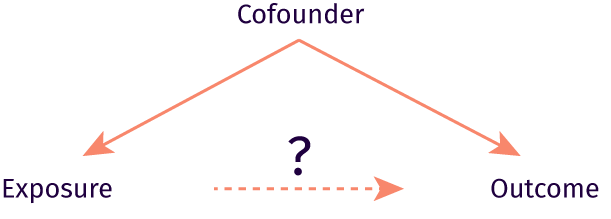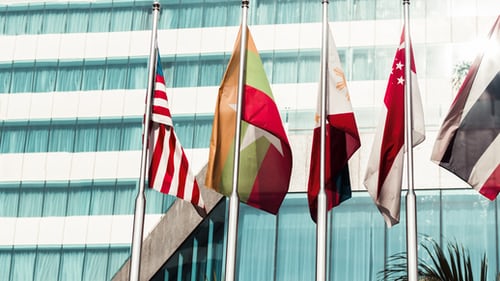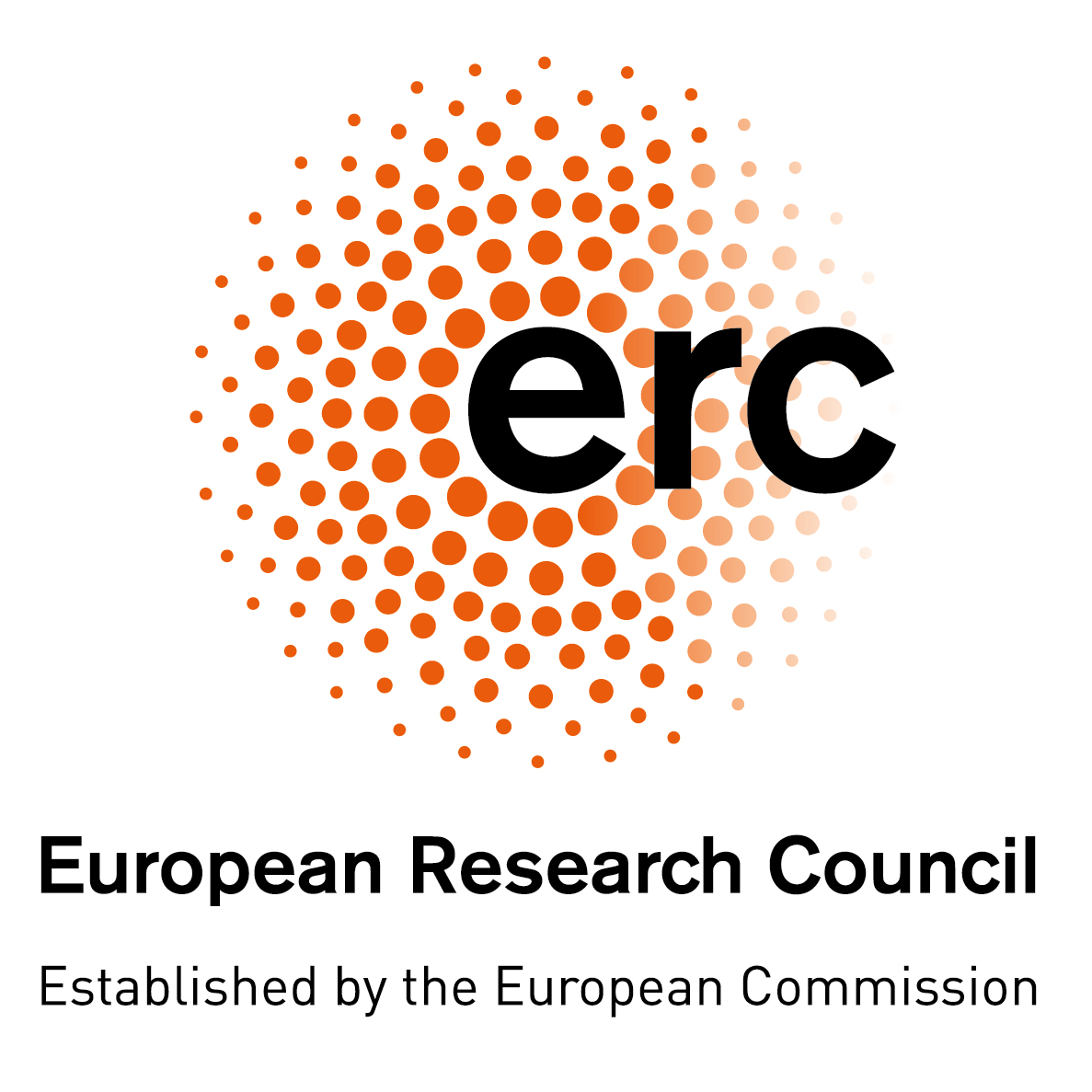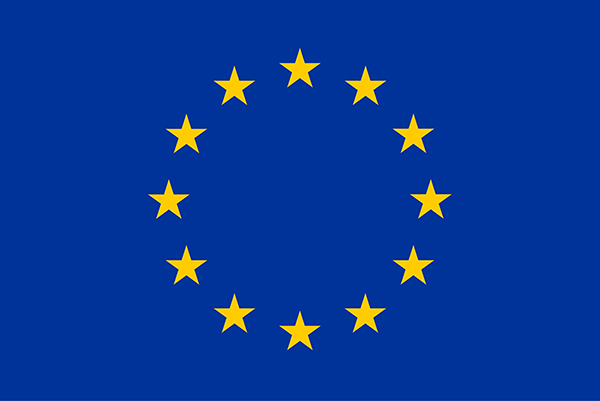
Ethnic diversity
Ethnic diversity refers to the plurality of categories that grant identity in a setting. These are considered ethnic when membership in them is associated with (or believed to be associated with) a common, shared descent. Therefore, a variety of different attributes may signal common ancestry and define group boundaries, including skin colour, language, religion, or place of birth.
Ethnicity is relational, since it derives from the differences perceived between a collective and others. It is only relevant when the traits that differentiate people define social and political interactions or, in other words, when they become institutionalised.
Development
Our use of the term development follows Amartya Sen’s (1999) capability approach and its emphasis on assessing people’s freedoms to live long and healthy lives, make informed choices and act effectively.
Seen in this light, development is multidimensional and not only includes economic, but also social and political development. Accordingly, the measurement of development cannot be reduced to average per capita income, but is typically complemented with mortality, literacy and other education measures, and indicators of democratic quality and political freedom.


Development
Our use of the term development follows Amartya Sen’s (1999) capability approach and its emphasis on assessing people’s freedoms to live long and healthy lives, make informed choices and act effectively.
Seen in this light, development is multidimensional and not only includes economic, but also social and political development. Accordingly, the measurement of development cannot be reduced to average per capita income, but is typically complemented with mortality, literacy and other education measures, and indicators of democratic quality and political freedom.

Spurious relationship or correlation
In statistical analysis, this term describes a false equivalence between two variables that is actually caused by a third variable.
Strategies of nation-building
This concept refers to how newly formed nation-states, that were constructed around the nationalist principle that ethnic likes should rule ethnic likes, chose to acknowledge and deal with ethnic diversity after their creation.
ETHNICGOODS distinguishes among four broad strategies of nation-building:


Strategies of nation-building
This concept refers to how newly formed nation-states, that were constructed around the nationalist principle that ethnic likes should rule ethnic likes, chose to acknowledge and deal with ethnic diversity after their creation.
ETHNICGOODS distinguishes among four broad strategies of nation-building:
State capacity
This concept refers to the ability of a state to implement policy choices throughout its territory. Commonly, scholars treat the state’s ability to tax as an indicator of its overall capacity, but this multi-dimensional concept is not necessarily captured only by the ability to extract revenue. ETHNICGOODS acknowledges that state capacity is strongly conditioned by the basic knowledge states hold about the make-up of their populations and territories.


State capacity
This concept refers to the ability of a state to implement policy choices and deliver services throughout its territory. Commonly, scholars treat the state’s ability to tax as an indicator of its overall capacity, but this multi-dimensional concept is not necessarily captured only by the ability to extract revenue. ETHNICGOODS acknowledges that the capacity to provide public goods is strongly conditioned by the basic knowledge states hold about the make-up of their populations and territories.

ERC
The European Research Council was established to foster the highest quality research in Europe through competitive funding. This is set to support frontier research across all fields, based on scientific excellence. This grant complements other funding activities in Europe.
The ERC has an ‘investigator-driven’ approach. This allows researchers to identify new opportunities and directions in any field of research, rather than being led by priorities set by politicians. Moreover, it ensures that funds are channelled into new and promising areas of research with a greater degree of flexibility.
ERC offers three types of grants: starting, advanced and consolidator, depending on the degree of professional evolution of its grantees.
IBEI
The Institut Barcelona d’Estudis Internacionals (IBEI) is an inter-university institute, created in 2004, to promote postgraduate training and research in politics and international relations. Aiming to advance the understanding of global challenges facing the world, IBEI is a centre of academic excellence that combines outstanding research with high-quality teaching and career development opportunities. Located at the crossroads between Europe, the Mediterranean and Latin America, Barcelona provides a unique environment to ponder the intricacies of governance, development and security on a global scale. More information about IBEI at https://www.ibei.org/


IBEI
The Institut Barcelona d’Estudis Internacionals (IBEI) is an inter-university institute, created in 2004, to promote postgraduate training and research in politics and international relations. Aiming to advance the understanding of global challenges facing the world, IBEI is a centre of academic excellence that combines outstanding research with high-quality teaching and career development opportunities. Located at the crossroads between Europe, the Mediterranean and Latin America, Barcelona provides a unique environment to ponder the intricacies of governance, development and security on a global scale. More information about IBEI at https://www.ibei.org/

